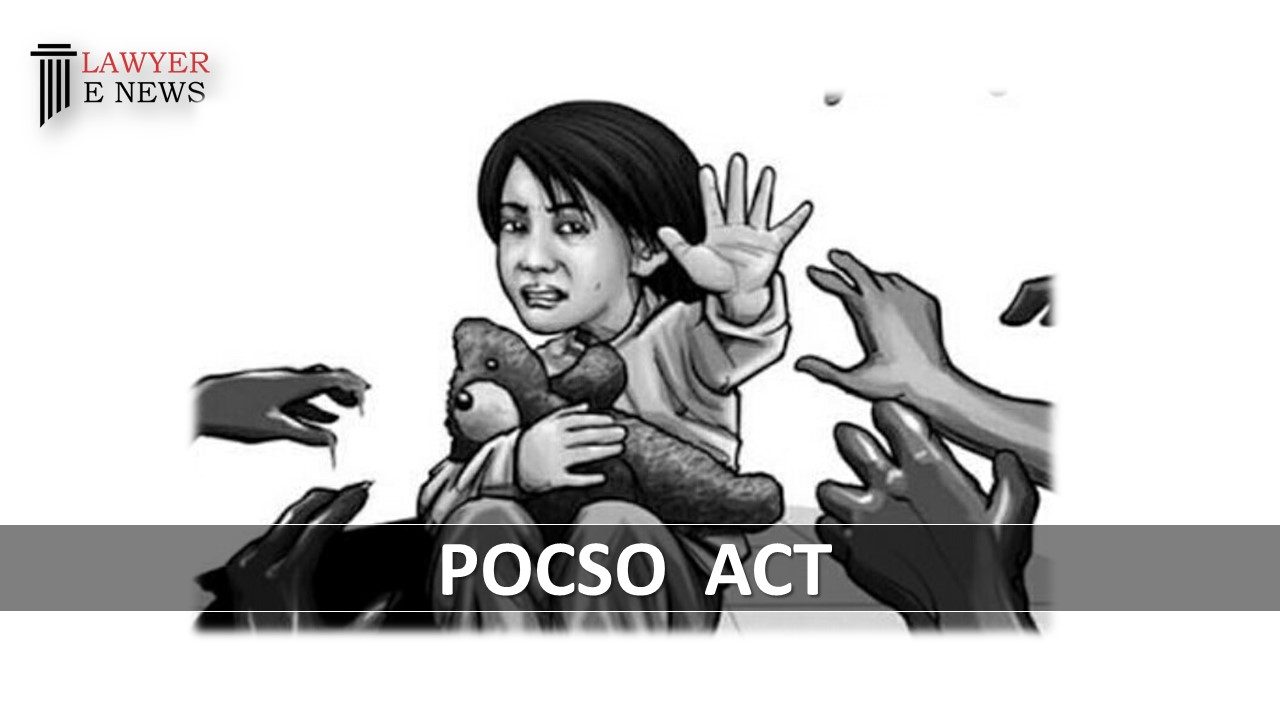-
by Admin
15 February 2026 5:01 PM



The High Court of Himachal Pradesh at Shimla has partially overturned the conviction of Pushkarma, who was previously found guilty of kidnapping and raping a minor under Sections 363, 366, 366-A, and 376(3) of the Indian Penal Code (IPC) and Section 4 of the Prevention of Children from Sexual Offences (POCSO) Act. The court upheld the conviction for kidnapping under Section 363 IPC but acquitted Pushkarma of other charges due to unreliable forensic evidence and the victim’s inconsistent testimony.
In 2021, a minor girl, studying in 10th standard, was reportedly enticed by the accused, Pushkarma, via Facebook. On October 7, 2021, he took her to his village under the pretext of attending a marriage. The girl was missing until the police recovered her from Pushkarma’s house on October 10, 2021. An FIR was registered based on the grandfather’s complaint, leading to the arrest and medical examination of both the victim and the accused.
The court highlighted significant discrepancies in the forensic evidence’s chain of custody, which undermined its reliability. The SFSL reports mentioned sample collections from different hospitals than where the victim was actually examined. This gap raised doubts about possible tampering with the samples. Justice Sushil Kukreja noted, “The possibility of tampering with the case property, i.e., the blood samples, vaginal swabs, etc., of the victim cannot be ruled out.”
The victim, while initially supporting the prosecution’s case, later recanted her statement, claiming that Pushkarma had not committed any wrongdoing. This inconsistency weakened the prosecution’s argument. The court observed that “the victim has turned hostile, but on close scrutiny of her statement, it is revealed that on 07.01.2021, the accused came to her home in the evening in a vehicle along with his friend, and thereafter she went with him to his village.”
The court reiterated the principle that a victim’s testimony in sexual assault cases could suffice for conviction if it is credible and reliable. However, due to the unreliable forensic evidence and the victim’s inconsistent statements, the court found it unsafe to uphold the rape conviction. Justice Kukreja remarked, “The prosecution has failed to connect the SFSL reports with the commission of the offence of rape.”
Justice Sushil Kukreja emphasized the need for reliable forensic evidence: “No reliance can be placed upon the SFSL reports Ext.P-37/PW-18 & P-38/PW-18. Similarly, no reliance can be placed upon the final opinion of the Medical Officer Ext. P-11/PW-5, which is based on the aforesaid SFSL reports.”
The High Court’s decision underscores the crucial role of credible forensic evidence and consistent witness testimonies in securing convictions in sexual assault cases. While the court upheld the kidnapping conviction under Section 363 IPC, it acquitted Pushkarma of the charges under Sections 366, 366-A, 376(3) IPC and Section 4 of POCSO Act, directing his immediate release. This judgment highlights the judiciary’s vigilance in ensuring that convictions are based on reliable and untampered evidence.
Date of Decision: July 9, 2024
Pushkarma vs. State of Himachal Pradesh
